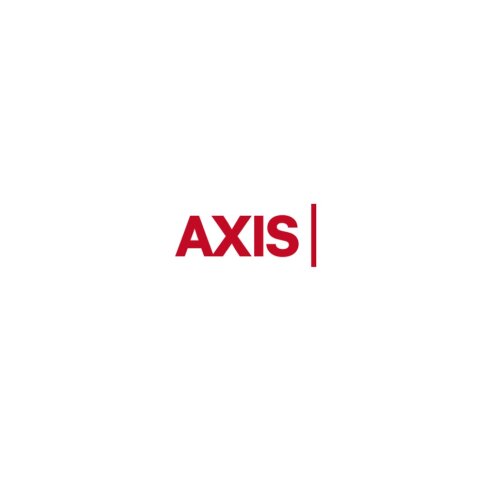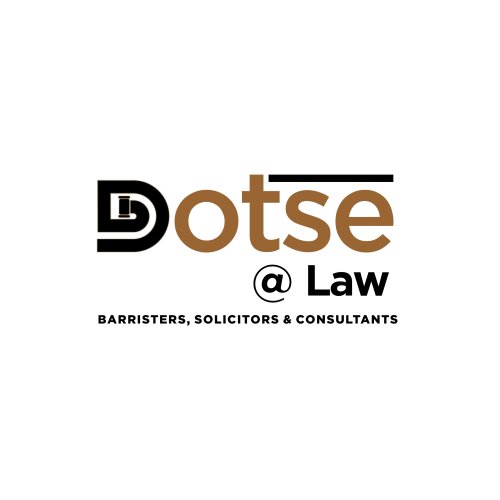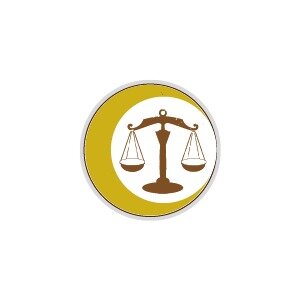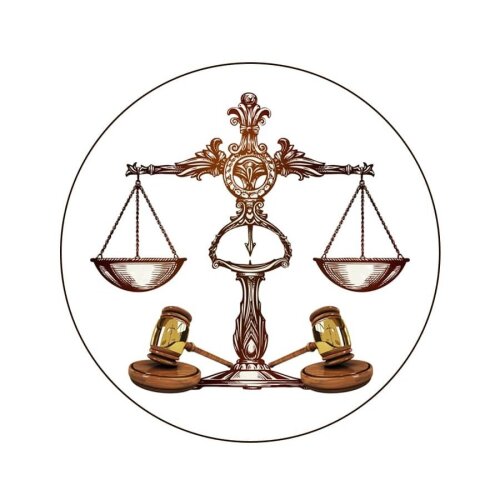Best Work Permit Lawyers in Ghana
Share your needs with us, get contacted by law firms.
Free. Takes 2 min.
Or refine your search by selecting a city:
List of the best lawyers in Ghana
About Work Permit Law in Ghana
A Work Permit in Ghana is a legal requirement for foreign nationals who wish to engage in paid employment within the country. These permits are administered by the Ghana Immigration Service and are crucial for ensuring that foreign workers comply with local laws and contribute to the economic development of Ghana. The Work Permit not only allows foreigners to work legally but also facilitates proper monitoring and management of the expatriate population in the country.
Why You May Need a Lawyer
Legal assistance can be invaluable when navigating the complexities of Work Permit applications and renewals in Ghana. Here are some common scenarios where you may need a lawyer:
- Complex applications: If your application involves complex issues such as criminal records, previous visa denials, or atypical employment terms, legal assistance can help ensure your application is properly prepared and presented.
- Appeals: If your Work Permit application has been denied, a lawyer can help you understand the reasons for the denial and guide you through the appeals process.
- Renewals: Lawyers can assist with the timely and correct submission of renewal applications, ensuring continued legal status in the workplace.
- Changing employers: If you wish to switch employers while in Ghana, legal advice might be necessary to navigate the transfer process according to immigration regulations.
- Compliance issues: A lawyer can assist if you face compliance checks or any legal challenges related to immigration status or employment conditions.
Local Laws Overview
The key aspects of Ghanaian laws relevant to Work Permits include:
- Eligibility: Typically, Work Permits are granted to foreign nationals who have a job offer from a legitimate Ghanaian employer.
- Application process: Employers often need to demonstrate that the position could not be filled by a local citizen. Required documents may include employment contracts, company documents, and proof of qualifications.
- Duration: Work Permits in Ghana are generally issued for a period of one year, renewable upon meeting certain conditions.
- Sponsorships: Employers in Ghana act as sponsors for foreign employees and are responsible for compliance with immigration rules relevant to the employee.
- Penalties: Engaging in employment without a valid Work Permit can lead to fines, deportation, and potentially being barred from entering Ghana.
Frequently Asked Questions
1. How do I know if I need a Work Permit in Ghana?
If you are a foreign national who plans to work in Ghana for remuneration, you will need a Work Permit to comply with immigration laws.
2. Can I apply for a Work Permit on my own?
While individuals can initiate the process, Work Permits in Ghana are usually employer-sponsored. It is primarily the employer’s responsibility to apply for the permit on behalf of the employee.
3. How long does the Work Permit process take?
The application processing time can vary, but it typically takes several weeks. It is advisable to start the application well in advance of the intended start date of employment.
4. What documents are required for a Work Permit application?
Commonly required documents include a valid passport, a job offer or employment contract, relevant qualifications, medical report, and police clearance certificate, among others.
5. Is there a fee for a Work Permit application?
Yes, there is an application fee for processing Work Permits. The exact fee can vary based on the type and duration of the permit.
6. Can a Work Permit be renewed?
Yes, Work Permits can be renewed. The renewal application should be submitted before the expiry of the current permit, often accompanied by updated documents and fees.
7. What happens if my Work Permit application is rejected?
If your application is rejected, you may appeal the decision. Seeking legal assistance can help in understanding and addressing the reasons for rejection.
8. Can I change jobs with the same Work Permit?
Changing employment usually requires applying for a new Work Permit or modifying the current one to reflect the change in employer.
9. Are there any occupations exempt from requiring a Work Permit?
Certain positions may be exempt due to bilateral agreements or specific roles approved by government policy. However, confirmation with an immigration officer or legal counsel is crucial for verification.
10. How can I check the status of my Work Permit application?
The status of your Work Permit application can often be checked through the employer or directly with the Ghana Immigration Service.
Additional Resources
For more information, consider reaching out to the following resources:
- Ghana Immigration Service: The official governmental body responsible for Work Permit processing and inquiries.
- Ministry of Employment and Labour Relations: Engaged in creating policies related to employment and labour, they can provide guidance on work-related issues.
- Legal Aid Commission: Provides legal assistance to individuals needing help with Work Permit issues.
- Expatriate support forums: Online communities where expatriates in Ghana share their experiences and provide advice.
Next Steps
If you require legal assistance with a Work Permit in Ghana, it is advisable to take the following steps:
- Consult a Lawyer: Seek the services of a lawyer experienced in immigration law to evaluate your situation and guide you through the process.
- Prepare Documentation: Organize and prepare all necessary documents that you may need for your application or renewal.
- Contact Authorities: Reach out to the Ghana Immigration Service for any specific queries or confirmation regarding your application status.
- Regular Updates: Keep abreast of any changes in local immigration laws or policies through reliable sources.
- Adhere to Deadlines: Make sure to submit any applications or required updates before the stipulated deadlines to avoid penalties.
Lawzana helps you find the best lawyers and law firms in Ghana through a curated and pre-screened list of qualified legal professionals. Our platform offers rankings and detailed profiles of attorneys and law firms, allowing you to compare based on practice areas, including Work Permit, experience, and client feedback.
Each profile includes a description of the firm's areas of practice, client reviews, team members and partners, year of establishment, spoken languages, office locations, contact information, social media presence, and any published articles or resources. Most firms on our platform speak English and are experienced in both local and international legal matters.
Get a quote from top-rated law firms in Ghana — quickly, securely, and without unnecessary hassle.
Disclaimer:
The information provided on this page is for general informational purposes only and does not constitute legal advice. While we strive to ensure the accuracy and relevance of the content, legal information may change over time, and interpretations of the law can vary. You should always consult with a qualified legal professional for advice specific to your situation.
We disclaim all liability for actions taken or not taken based on the content of this page. If you believe any information is incorrect or outdated, please contact us, and we will review and update it where appropriate.
Browse work permit law firms by city in Ghana
Refine your search by selecting a city.

















